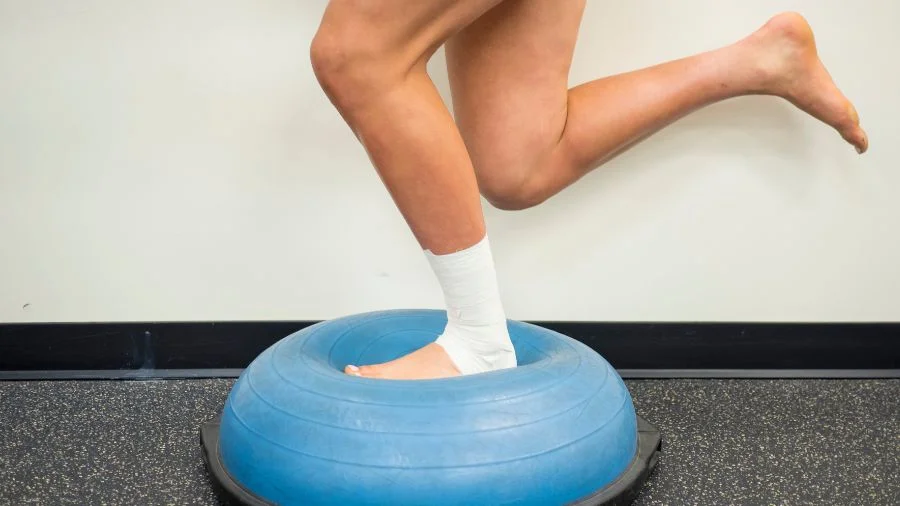Injuries can be a significant setback for anyone, whether they are athletes, weekend warriors, or simply individuals who engage in regular physical activity. Therefore physiotherapy plays a pivotal role in preventing injuries and restoring optimal physical health. By addressing underlying musculoskeletal imbalances, promoting proper movement patterns, and educating individuals on injury prevention strategies, physiotherapists empower individuals to stay active and healthy.
Physiotherapy: A Cornerstone of Injury Prevention
Comprehensive Assessment and Identification of Risk Factors
Physiotherapists conduct thorough assessments to identify potential risk factors that may predispose individuals to injuries. These factors may include muscle weakness, imbalances, flexibility limitations, biomechanical imbalances, and improper movement patterns. By identifying these risk factors early on, physiotherapists can develop targeted interventions to address them and reduce the likelihood of injury.
Tailored Exercise Programs for Strengthening and Flexibility
Physiotherapists design individualized exercise programs that address specific muscle groups and improve overall strength, flexibility, and balance. Strengthening exercises help stabilize joints, enhance muscle endurance, and reduce the risk of strains and tears. Flexibility exercises improve range of motion, reduce muscle tightness, and prevent overuse injuries.
Neuromuscular Training for Enhancing Proprioception and Coordination
Neuromuscular training focuses on improving proprioception, the body’s awareness of its position in space, and coordination, the ability to control and synchronize movement. These exercises can significantly reduce the risk of ankle sprains, knee injuries, and falls.
Education and Awareness for Injury Prevention Strategies
Physiotherapists educate individuals on various injury prevention strategies, including proper warm-up techniques, cool-down routines, gradual progression of activities, and appropriate footwear selection. They also emphasize the importance of listening to the body and avoiding activities that cause pain or discomfort.
Related article:What is Plantar Fasciitis
Physiotherapy in Specific Settings
Sports Injury Prevention
In the realm of sports, physiotherapists work closely with athletes to prevent injuries and optimize performance. They assess athletes’ movement patterns, identify risk factors, and develop specific training programs to enhance strength, flexibility, and balance. Physiotherapists also provide education on injury prevention strategies and proper training techniques.
Workplace Injury Prevention
Physiotherapists play a crucial role in preventing workplace injuries by conducting ergonomic assessments, identifying potential hazards, and providing education on proper posture, lifting techniques, and workplace setup. They also work with employers to implement injury prevention programs and promote a safe working environment.
Injury Prevention for Older Adults
Falls are a leading cause of injury and hospitalization among older adults. Physiotherapists assess older adults’ balance, coordination, and strength, and develop exercise programs to improve these areas, reducing the risk of falls and fall-related injuries.
Physiotherapy serves as a cornerstone of injury prevention, promoting physical well-being and enhancing athletic performance. By addressing underlying musculoskeletal imbalances, promoting proper movement patterns, and educating individuals on injury prevention strategies, physiotherapists empower individuals to stay active and healthy. Whether you are an athlete striving for peak performance or an individual seeking to maintain an active lifestyle, physiotherapy can help you achieve your goals and minimize the risk of injuries.




